Trump’s Tariffs on Japan: A National Crisis
- U.S. President Donald Trump has imposed a 24% tariff on Japanese goods, causing a “national crisis” according to Japanese Prime Minister Shigeru Ishiba.
- The tariffs have already impacted the Japanese economy, with the Nikkei 225 index falling and the Japan Chamber of Commerce and Industry warning of grave impacts.
- The auto industry is under pressure, with the Japan Automobile Manufacturers Association calling for government assistance and expressing concern over compliance with international trade laws.
- In response, Ishiba has instructed ministers to study the tariffs closely and take necessary measures, including financial support for domestic industries.
The global economy is reeling from a recent development that has sent shockwaves through international markets. U.S. President Donald Trump has imposed a hefty 24 percent tariff on Japanese goods. This move has been labeled a national crisis by Japanese Prime Minister Shigeru Ishiba. The tariffs are a significant blow to Japan, a close U.S. ally and the largest investor in the United States.
The tariffs, part of a broader strategy of reciprocal levies, have been met with widespread criticism and concern. Speaking in parliament, Ishiba emphasized the severity of the situation, stating that the measures can be called a national crisis and the government is doing its best with all parties to mitigate the impact. He urged for a calm-headed approach to negotiations with Trump’s administration, which has also imposed a 25-percent tariff on auto imports, a measure that came into effect this week.
Impact on the Japanese Economy
The impact of these tariffs is already being felt in the Japanese economy. The country’s main Nikkei 225 index fell 2.75 percent on Friday, adding to a 2.7 percent drop on Thursday after the S&P 500 on Wall Street experienced its most significant one-day drop since 2020.
The Japan Chamber of Commerce and Industry (JCCI) has warned that Trump’s tariffs would have an extremely grave impact on the Japanese economy. The JCCI has urged the government to continue negotiations for exemption from tariff measures and to take all possible measures to minimize the impact on small and medium-sized enterprises and small businesses.
Auto Industry Under Pressure
The auto industry, a key sector in Japan’s economy, is also feeling the pressure. The Japan Automobile Manufacturers Association (JAMA) has called for government assistance for its members, which form an essential pillar of the world’s fourth-largest economy. JAMA has stated that its members have invested a cumulative total of more than $66 billion in U.S. manufacturing as of 2024, generating over 110,000 direct U.S. jobs and supporting more than 2.2 million others.
The tariffs have also sparked concerns about compliance with World Trade Organization rules and U.S.-Japan trade agreements. Government spokesman Yoshimasa Hayashi has reiterated that Trump’s sweeping new tariffs are extremely regrettable and that Japan has serious concerns about their compliance with international trade laws.
In response to the crisis, Ishiba has instructed his ministers to study closely the tariffs and to take all measures necessary including financing support for domestic industries and protecting jobs. He is also set to meet with party leaders to lay the groundwork for a supplementary budget bill, as his minority government needs opposition support to pass it in parliament.
This situation is reminiscent of the 2002 steel tariffs imposed by the Bush administration, which led to a similar outcry from U.S. trading partners and eventually resulted in the World Trade Organization authorizing more than $2 billion in sanctions if the United States did not remove the tariffs.
The imposition of tariffs by the Trump administration has created a significant economic crisis for Japan, affecting various sectors, particularly the auto industry. The Japanese government is taking steps to mitigate the impact, but the long-term effects remain uncertain. The situation calls for calm-headed negotiations and a reassessment of global trade policies to prevent such crises in the future.

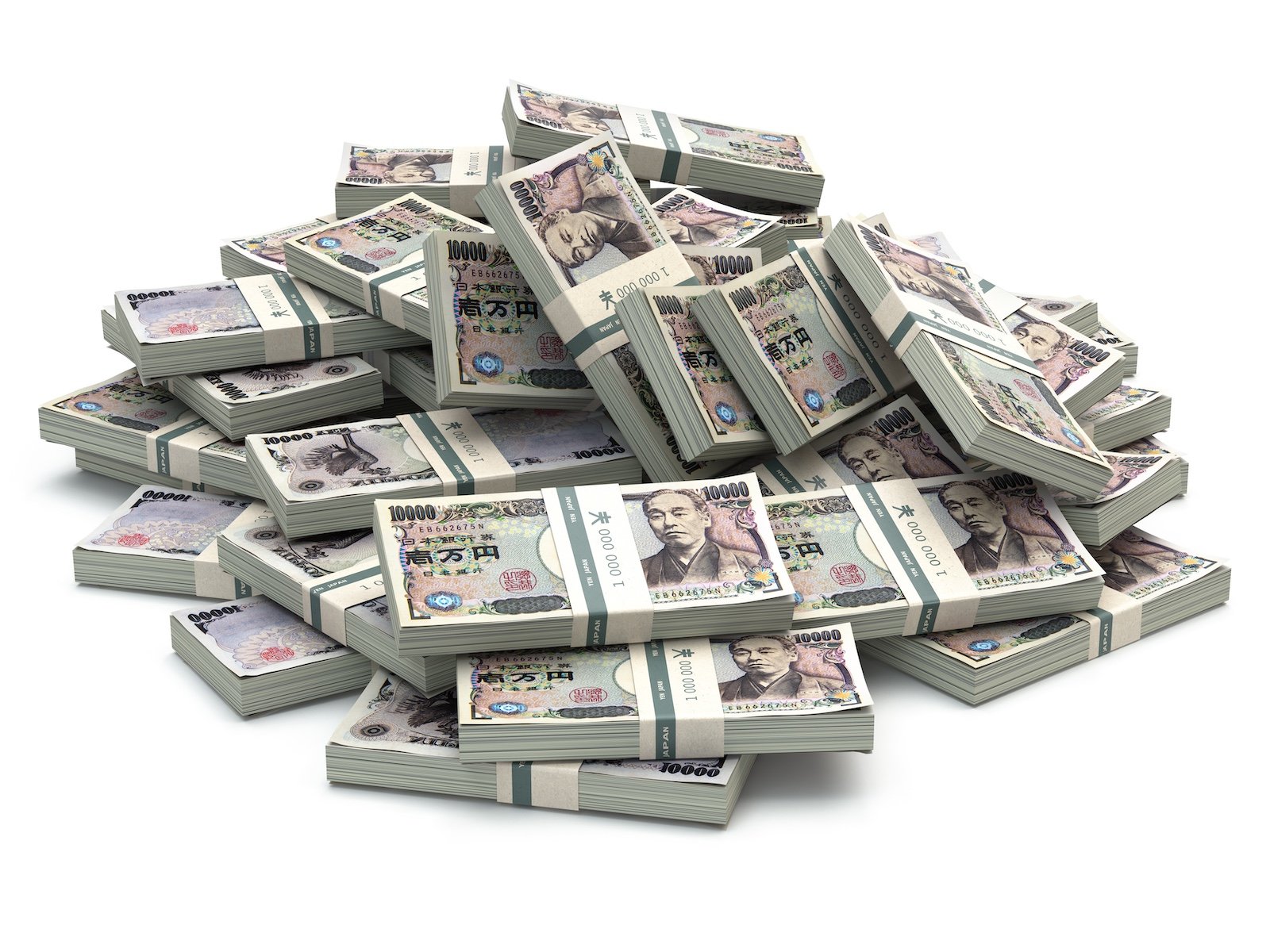
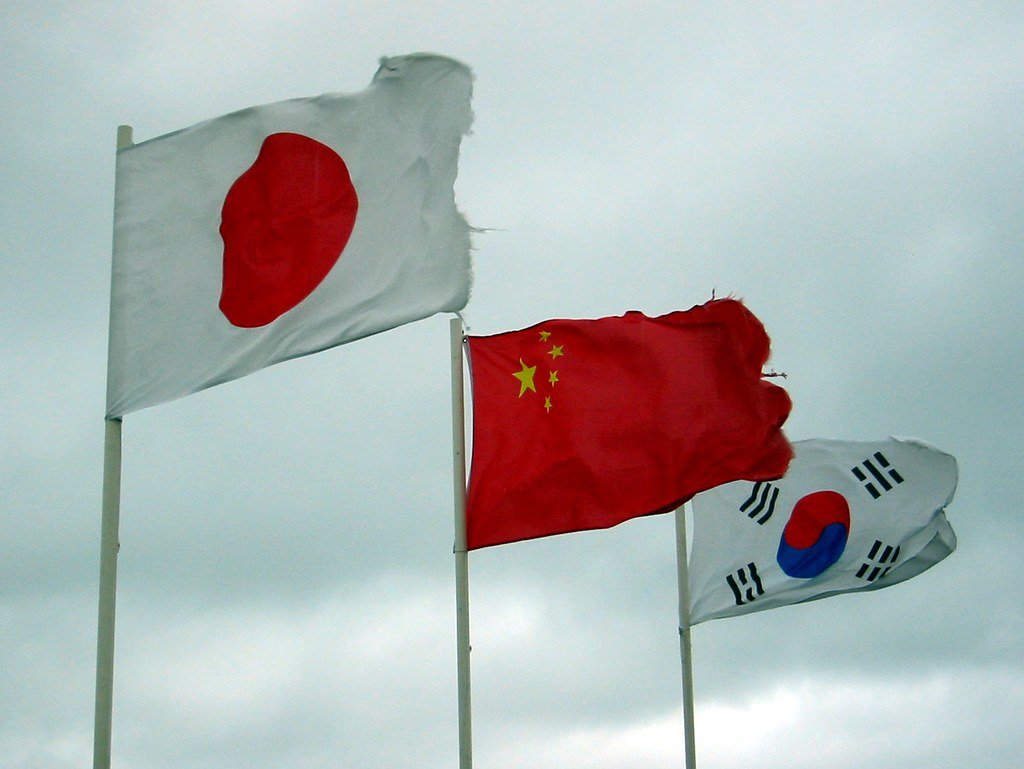


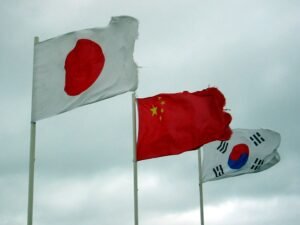
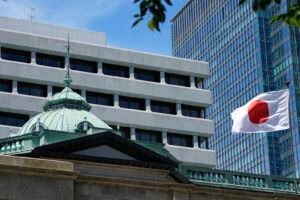


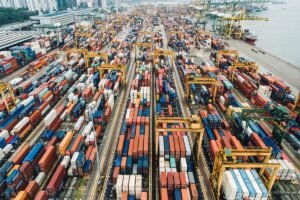



Post Comment